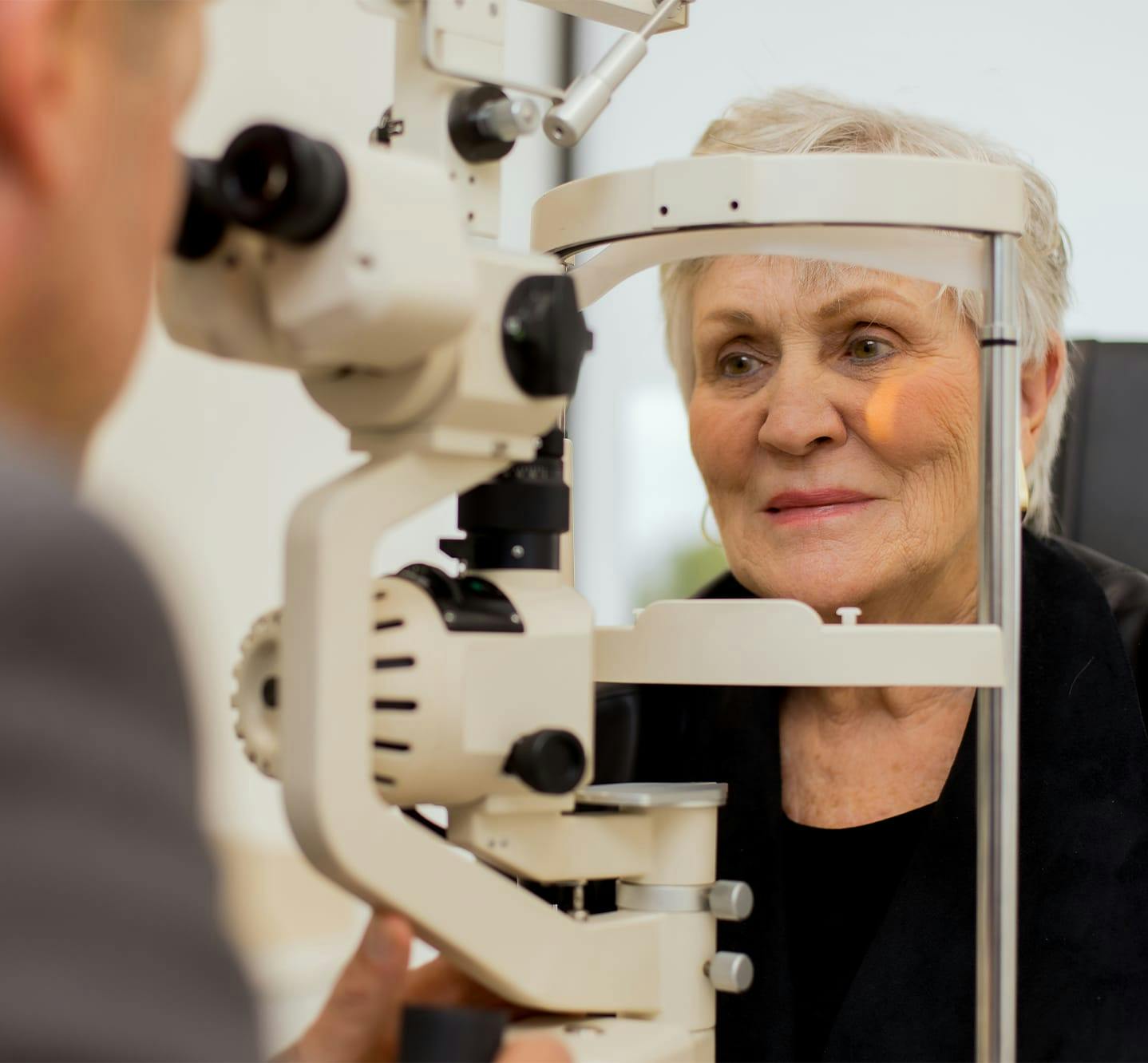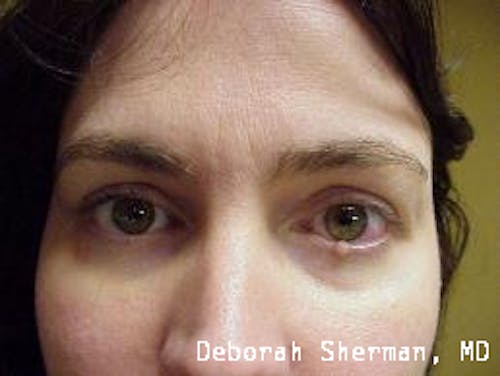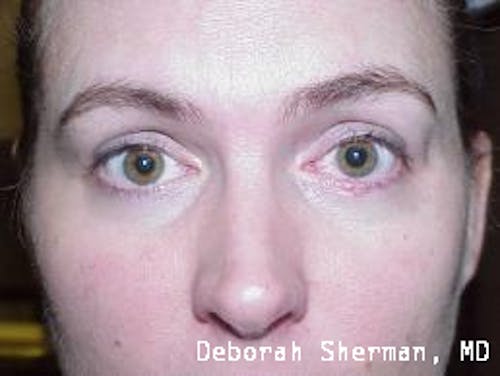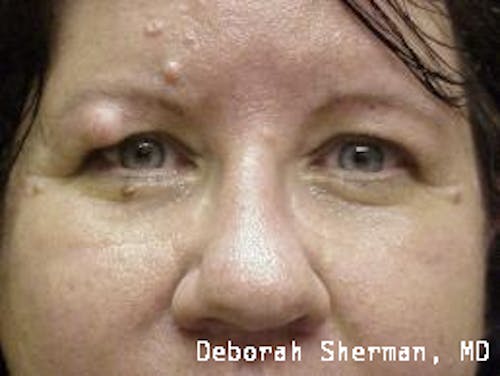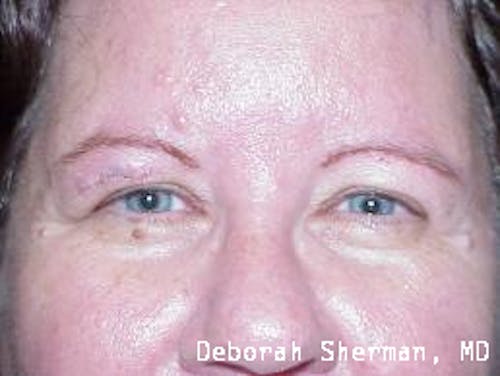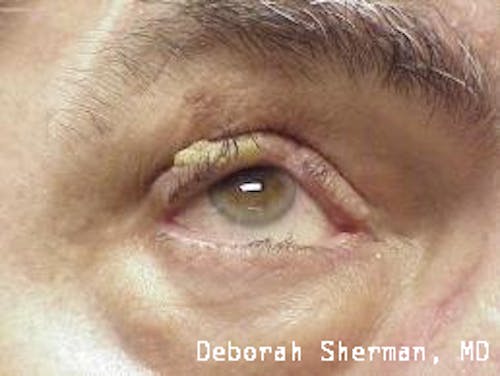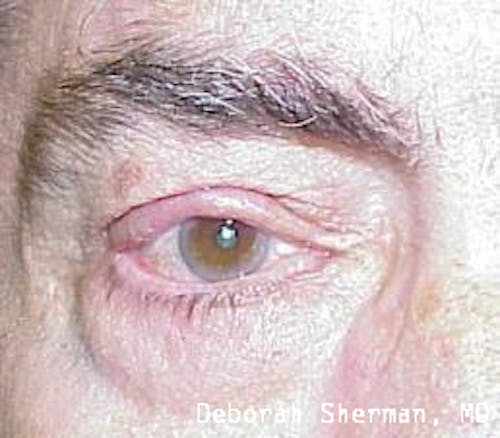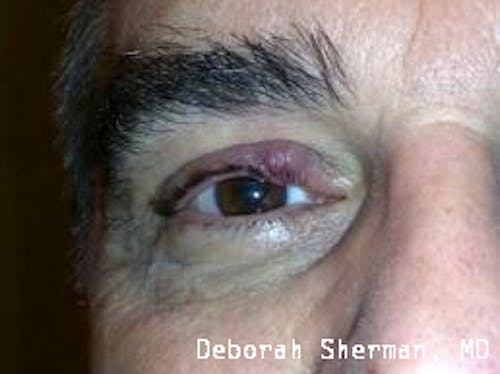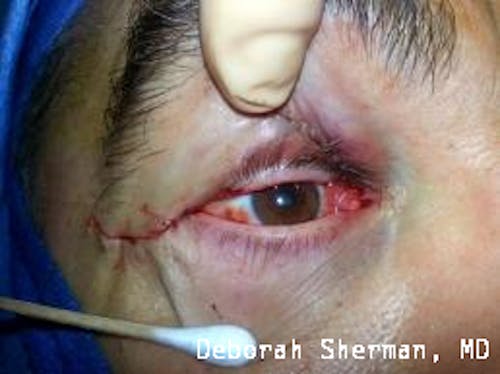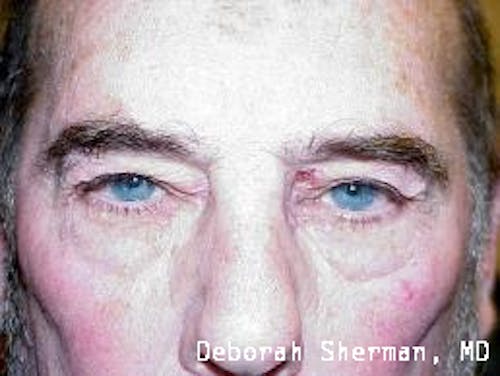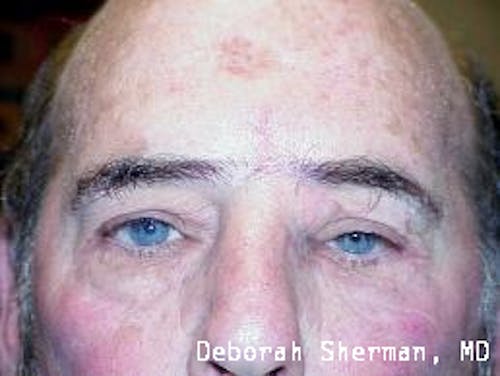See an orbital expert in Nashville, TN, to receive top-notch care.
What Is an Orbital Tumor?
An orbital tumor is an abnormal growth of any tissue, which can be either benign or malignant, found in the orbit, an anatomical term for the tissues surrounding the eye. Some call the orbit the “house” that the eye lives in. Orbital tumors can affect any tissue surrounding the eye in the orbital (eye socket) area. The orbit is the bony socket that contains the eyeball, the muscles that move the eye, the optic nerve, and all the related nerves, fat, blood vessels, and surrounding tissues.

